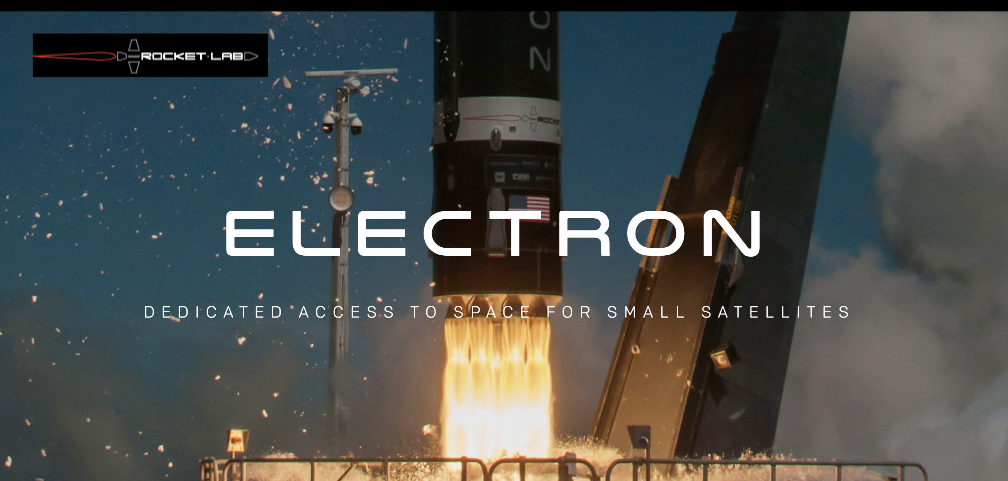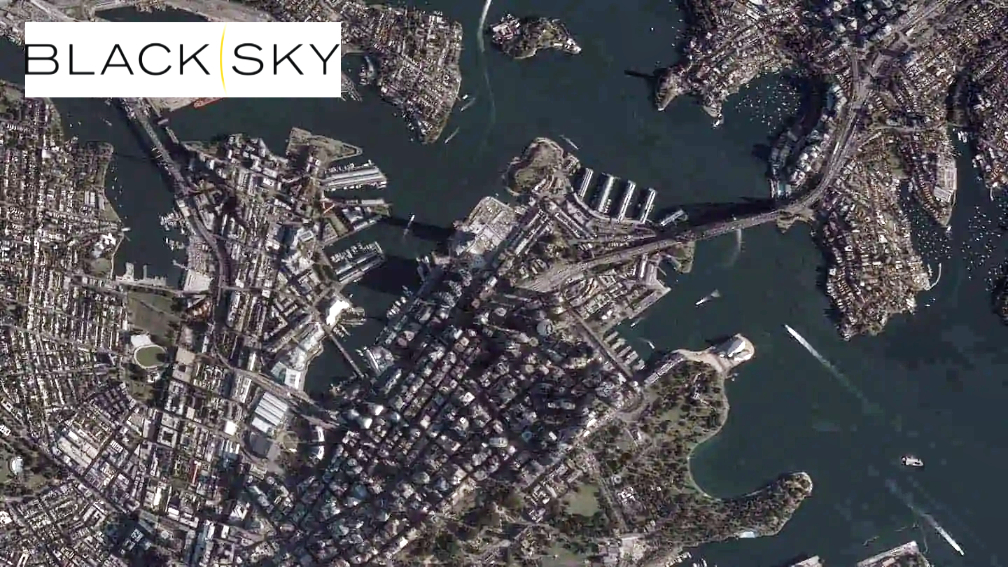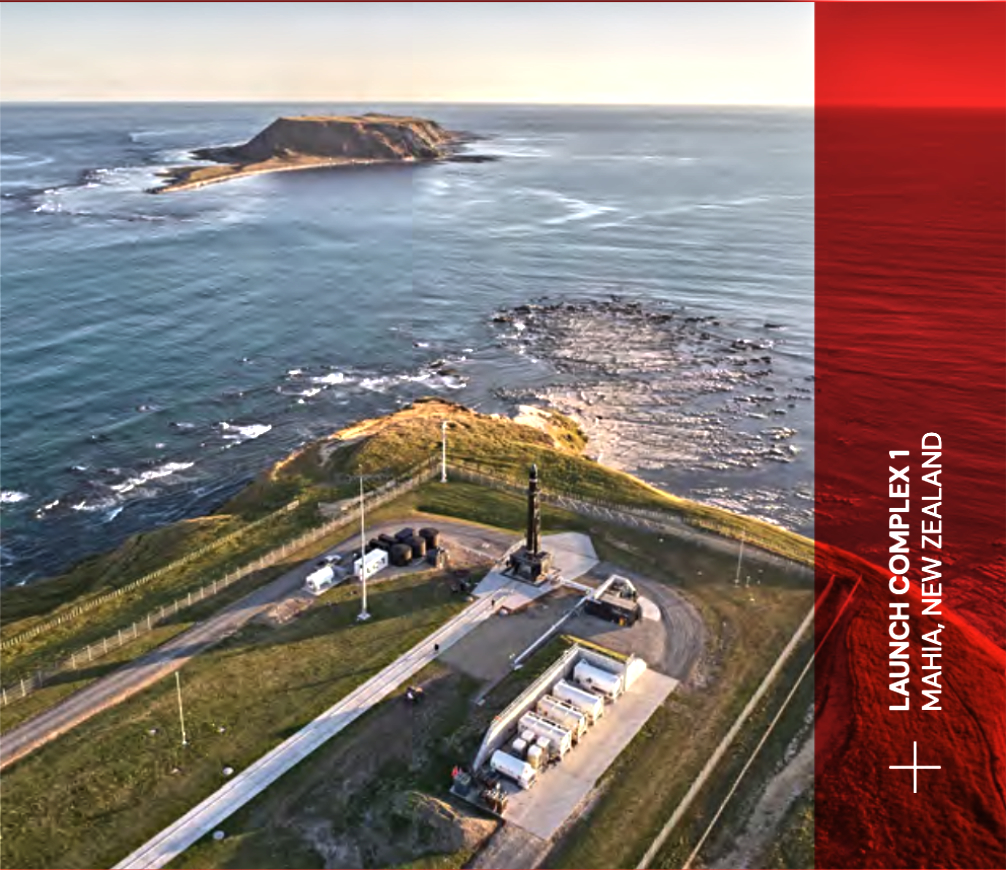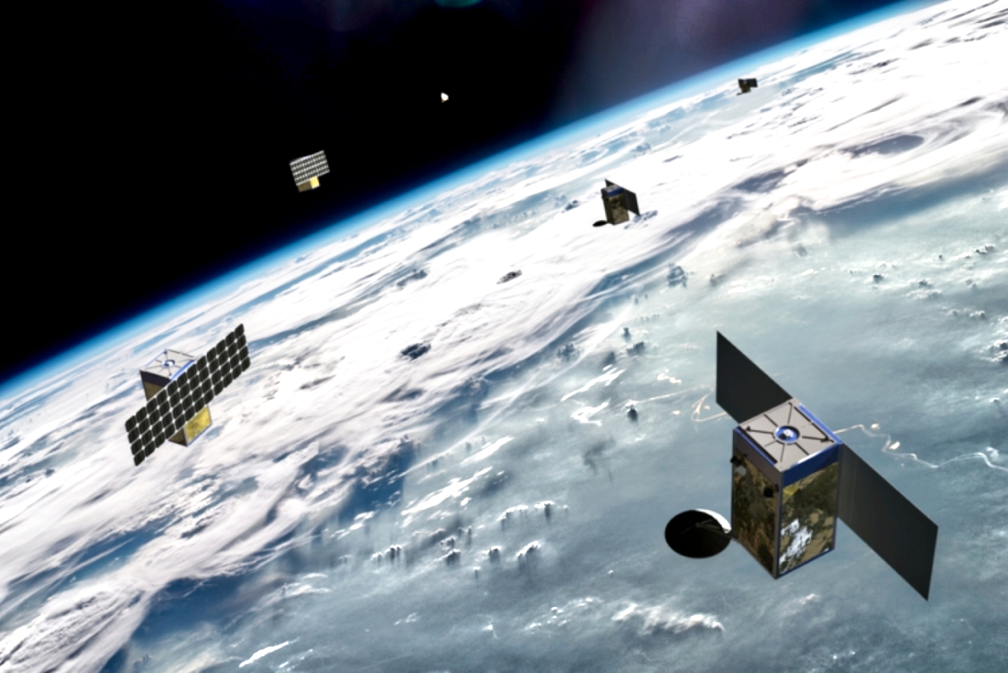
Rocket Lab has revealed that their next mission is part of a rapid launch schedule of three dedicated Electron missions for global monitoring provider BlackSky.

Scheduled to lift-off from Launch Complex 1 on New Zealand’s Mahia Peninsula in late August, the ‘Love At First Insight’ mission will be Rocket Lab’s 22nd Electron launch overall and fifth mission of 2021.

‘Love At First Insight’ is the first in a rapid succession of scheduled Electron launches between late August through September that represent the company’s fastest launch turnarounds to date.

The ‘Love At First Insight’ mission is the latest in a multi-launch agreement signed earlier this year for BlackSky between Rocket Lab and Spaceflight Inc., which is providing integration and mission management services for BlackSky. This mission will deploy the eighth and ninth satellites of BlackSky’s planned constellation as part of that rapid-launch agreement, with another four Gen-2 smallsats across the two additional Electron dedicated missions to follow.
Electron will deploy two of BlackSky’s high-resolution, multi-spectral, Gen-2 satellites to LEO, expanding BlackSky’s network in space and offering of real-time geospatial intelligence and monitoring services. BlackSky combines high-resolution images captured by its constellation of microsatellites with its proprietary artificial intelligence software to deliver analytics and insights to industries including transportation, infrastructure, land use, defense, supply chain management, and humanitarian aid.

The ‘Love At First Insight’ launch is set to bring the total number of satellites launched by Rocket Lab to 107, joining a collection of successfully deployed satellites from various sectors including Earth-observation, Internet of Things (IoT), weather and climate monitoring, academia and scientific research, civil government, defense, and more. Information about the ‘Love At First Insight’ launch window will be made available in the coming days.
“Dedicated launch on Electron means a bespoke service for satellite operators who want control over their schedule and orbital parameters,” said Rocket Lab founder and CEO Peter Beck. “Rapid launch with these three back-to-back missions enables BlackSky to fast-track their plans for a constellation that meets the hunger for real-time data produced by multiple images within 24 hours, rather than one image at the same time each day.”
“We’ve been partnering strongly with Rocket Lab over the past several months to gain high confidence in a launch campaign that will increase the capacity of our space network,” said Brian E. O’Toole, CEO of BlackSky. “This cadence of rapid launches demonstrates the accelerated pace at which we are able to expand our constellation and reinforces our commitment to delivering real-time data and intelligence.”
Rocket Lab has also announced the company has signed a deal with in-space manufacturing company Varda Space Industries to produce three Photon spacecraft that will integrate with their space factories, enabling high-value products to be manufactured in zero-gravity and returned to Earth in Varda’s re-entry capsule.

Varda’s space-manufactured products are targeted at high-value markets, such as fiber optic cables, pharmaceuticals, and semiconductors — all of which have higher performance when produced in zero-gravity. After launch, Rocket Lab’s Photon will position the spacecraft in an operational orbit and provide station keeping.
Photon will support Varda’s 120 kg manufacturing and re-entry modules with power, data, and attitude control. All three Photon spacecraft will also incorporate Rocket Lab-designed and built spacecraft components, including radios, reaction wheels and star trackers. Rocket Lab’s Photon will perform multiple burns with the 3D-printed Curie engine, acting as a highly capable propulsion system to place Varda’s re-entry capsule on a return trajectory to Earth.

Traditionally, almost all in-space manufacturing research has been carried out on the International Space Station. This research has demonstrated that innovative materials and products can be created in the consistent microgravity environment of LEO, an environment that can’t be replicated on Earth. Until now, manufacturing in orbit has been impossible to scale due to cost. Building a space factory with a proven, Photon spacecraft — one that doesn’t require human tending in orbit — will allow Varda to make building products in space at scale a reality for the first time.
Based in Torrance, California, Varda Space Industries was founded by Will Bruey, who spent almost a decade working on SpaceX’s Crew and Cargo Dragon spacecraft, and Delian Asparouhov, a Principal at Peter Thiel’s Founders Fund.
The first Varda Photon is planned for delivery in Q1 2023, with the second to follow up later in the year and a third in 2024. The contract, which is subject to standard termination provisions, also includes an option for Varda to procure a fourth Photon. Each mission has a nominal three-month duration from launch to landing.
The Varda contract joins a growing list of Photon missions, including the CAPSTONE lunar mission in support of NASA’s Artemis program and a recently announced contract to design twin Photon spacecraft in support of a NASA Mars mission. Rocket Lab currently operates two existing Photon spacecraft on-orbit. Launched in 2020 and 2021 respectively, the Photon First Light and Photon Pathstone spacecraft demonstrated Rocket Lab’s end-to-end mission service, encompassing satellite design and build, launch on Rocket Lab’s Electron launch vehicle and on-orbit operations.
“The Varda team is undertaking ground-breaking work that really opens up new possibilities and markets for in-space manufacturing and we couldn’t be more excited to make their mission possible with Photon,” said Rocket Lab Founder and Chief Executive Officer, Peter Beck. “Photon enables our customers to unlock the full potential of space. It removes a massive barrier to the growing small satellite market by delivering our customers a versatile and configurable spacecraft platform that they don’t need to build themselves. Our customers get to orbit faster and can focus purely on their mission while there, rather than worrying about developing and operating a spacecraft.”
“We are excited to work with Rocket Lab. Photon is a great fit for our mission and their team has displayed significant engineering rigor. Working with them will allow us to deliver on our aggressive schedule and tight budget. We are one step closer to delivering valuable materials to our clients here on Earth,” said Varda Space Industries Chief Executive Officer, Will Bruey.
